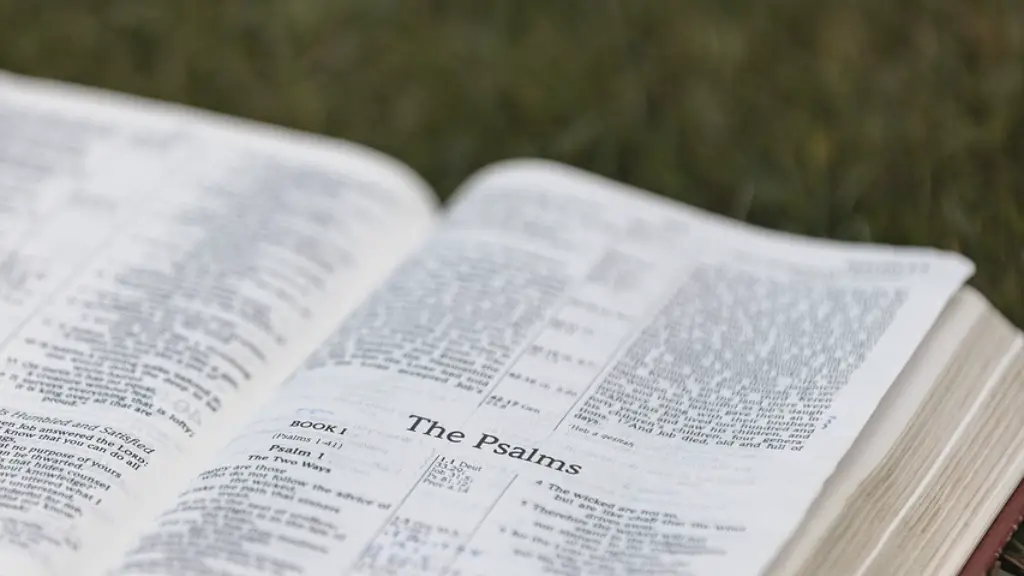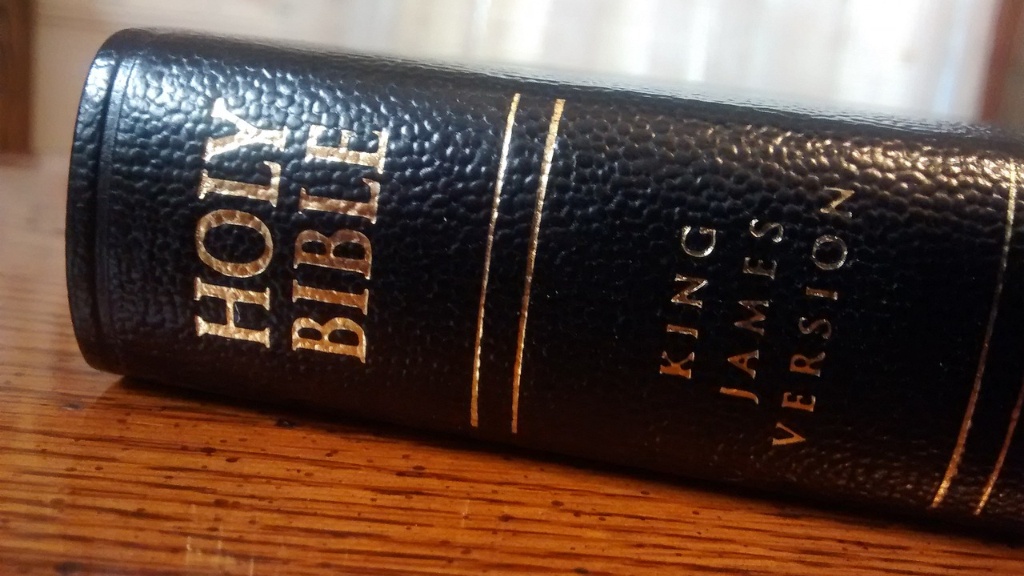The Bible has a lot to say about time. In the Old Testament, God created time and the universe and has always existed outside of time. He is not bound by time like we are. He is eternal. In the New Testament, we see that Jesus is also outside of time. He is the Alpha and the Omega, the beginning and the end. He knows the future and He is always with us in the present.
Time in the Bible is a difficult concept to pin down. There are a few places where the Bible specifically talks about time, but for the most part it is silent on the matter. This leaves much room for interpretation, which has led to a variety of different views on what time is and how it works.
What God says about time in the Bible?
There is a time for everything, and it is important to know when to do each thing. Searching can be fruitful, but there comes a time when it is time to give up and move on. Keeping something can be sentimental, but there comes a time when it is time to let go. Tearing something down can be satisfying, but there comes a time when it is time to mend and build something up. Being silent can be peaceful, but there comes a time when it is time to speak up. Loving can be wonderful, but there comes a time when it is time to let go of that love. Hate can be destructive, but there comes a time when it is time to forgive. War can be necessary, but there comes a time when it is time to make peace.
In Christian theology, kairos is understood as the appointed time in the purpose of God. This is the time when God acts, as opposed to chronos, which is understood as linear time. In the New Testament, kairos is used in reference to the fulfillment of prophecy and the coming of the Kingdom of God (e.g. Mark 1:15).
What is the Hebrew meaning of time
The concept of yom relates to the idea of time. This means that yom is not just for days, but for time in general. This is an important concept to understand, as it can help us to make better decisions in our lives.
In Old Testament times, there were three watches: the evening watch, the middle watch, and the morning watch. Each watch lasted for four hours, and the watches were rotated so that each person would only have to stand watch once every three days.
Why is time so important to God?
The Lord knows the importance of time, and has warned us that the days are evil. Each day is a gift from God, and we should use it wisely to maximize opportunities.
There is a time for everything, and everything has its own time. There is a time to be born and a time to die, a time to plant and a time to pluck up what is planted.
How long is a year in God’s time?
The 360-day year was used in ancient times, as Abraham and Noah illustrate in the Bible. This was a convenient way to measure the passage of time, as there were twelve 30-day months in a 360-day year.
Chronos is the personification of time in pre-Socratic philosophy and later literature. The name Chronos is derived from the Greek word for time, χρόνος (chronos). Chronos is frequently confused with, or perhaps consciously identified with, the Titan Cronus in antiquity due to the similarity in names.
How do we get God’s time
No matter how busy our lives may be, it is important to make time for God. We can do this by praying at all times, making it part of our routine, and spending a few minutes each day with God’s word. ByReminding ourselves that God is ever-present in our lives, we can make Christian pursuits a part of our social activities. And finally, by giving thanks, we can show our gratitude for all the blessings in our lives.
Time is a concept that is used to describe the progression of events from the past to the present into the future. Basically, if a system is unchanging, it is timeless. Time can be considered to be the fourth dimension of reality, used to describe events in three-dimensional space.
What is the Greek word for time in the Bible?
Chronos is an important concept in understanding the Bible. In Greek, it refers to quantitative time, or an exact time. This is used in the Bible in 53 instances, often in reference to key events. For example, in Matthew 2:7, Herod secretly called the magi to determine the exact time the star appeared. This helped him know when to search for the baby Jesus. Understanding chronos can help us better understand the timing of important events in the Bible.
There are numerous efforts to determine the biblical date of creation, with varying results. Besides differences in interpretation, the use of different versions of the Bible can also affect the result. The two most dominant dates for creation using such models exist around 5500 BC and 4000 BC.
What are the 2 concepts of time
Monochronic cultures view time as a linear progression, and believe that events happen one after the other in a strict sequence. Monochronic cultures value punctuality and believe that time should be managed and used efficiently. In contrast, polychronic cultures view time as more flexible, and believe that several events can happen simultaneously. In polychronic cultures, people often have several tasks going on at once and may not be as concerned with time management.
Time is a gift from God. We should treat it as a sacred opportunity to connect with Him. Let us use our time wisely and keep it holy.
What is the importance of time?
Time is the most valuable thing in life. It has no beginning and no end and can neither be created nor destroyed. Time is the only dimension in which we all live our lives and it affects everything that we do, from a flower’s growing cycle to the destruction of empires.
It is important to be careful about how you live your life, and to make sure that you are living in a way that is pleasing to God. We need to be wise about our choices, and use our time wisely, because the days are evil. We should not be foolish, but rather, understand what God’s will is for our lives.
What is the time of life
This is referring to someone’s age and how it affects their life. At a certain age, people can’t handle too much change or stress.
The Genesis 6:3 passage was widely interpreted in early Judaism and ancient Christianity as a promise of long life. This understanding is reflected in a number of rabbinic texts and in early Christian writings such as the Epistle of Barnabas and the Clementine Homilies. In many cases, the interpretation of the passage was used to support the belief that longevity was a sign of God’s blessing.
Conclusion
There is no one answer to this question as the Bible does not give a specific definition of time. However, time is mentioned numerous times throughout the Bible and is often used to describe God’s plan or purpose for humanity. For example, in Ecclesiastes 3:1-8, time is described as a cycle of seasons and events that repeats itself over and over. This cyclical view of time is also seen in other passages, such as Genesis 8:22, which states that “while the earth remains, seedtime and harvest, cold and heat, winter and summer, and day and night shall not cease.” In contrast to this cyclical view, other passages in the Bible suggest that time is linear, progressing from the past to the future. For instance, in Isaiah 46:10, God declares that He “declares the end from the beginning, and from ancient times things not yet done.” This linear view of time is also seen in 2 Peter 3:8, which states that with the Lord, “a day is like a thousand years, and a thousand years are like a day.” Ultimately, how we view time is up to interpretation, but the Bible does not give a specific definition
The Bible does not give a precise definition of time, but it does provide us with some insight into how to view time. In the Bible, time is often spoken of in terms of eternity. This indicates that time is not simply a sequence of events that happen one after the other. Instead, time is something that exists outside of our everyday experience. It is a realm where God exists, and it is a realm where we will exist after we die.





